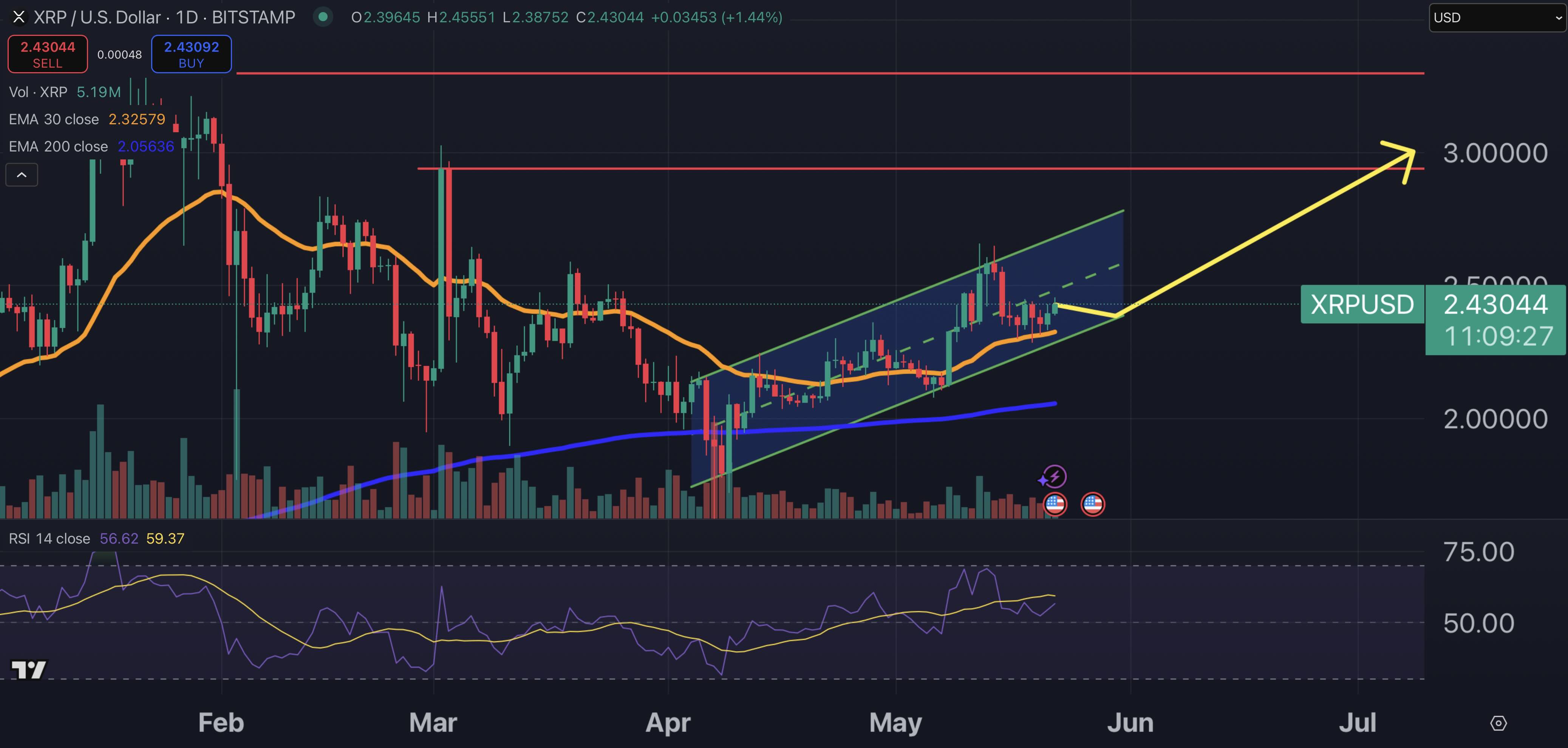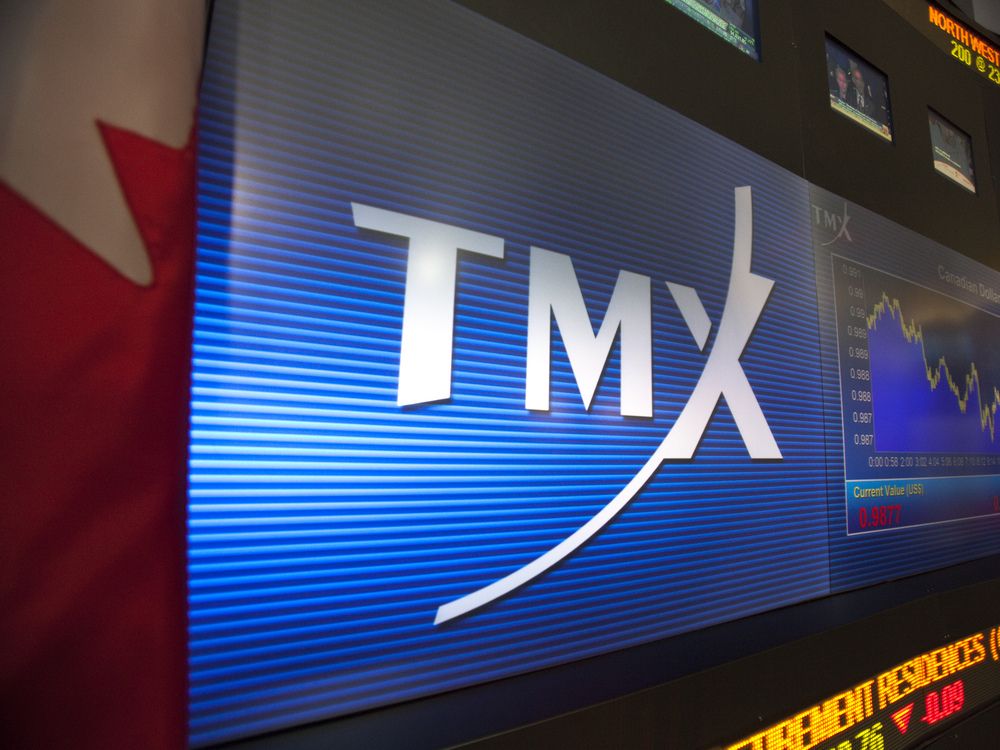Could Space Become Hong Kong’s New Frontier Industry? Experts Think So
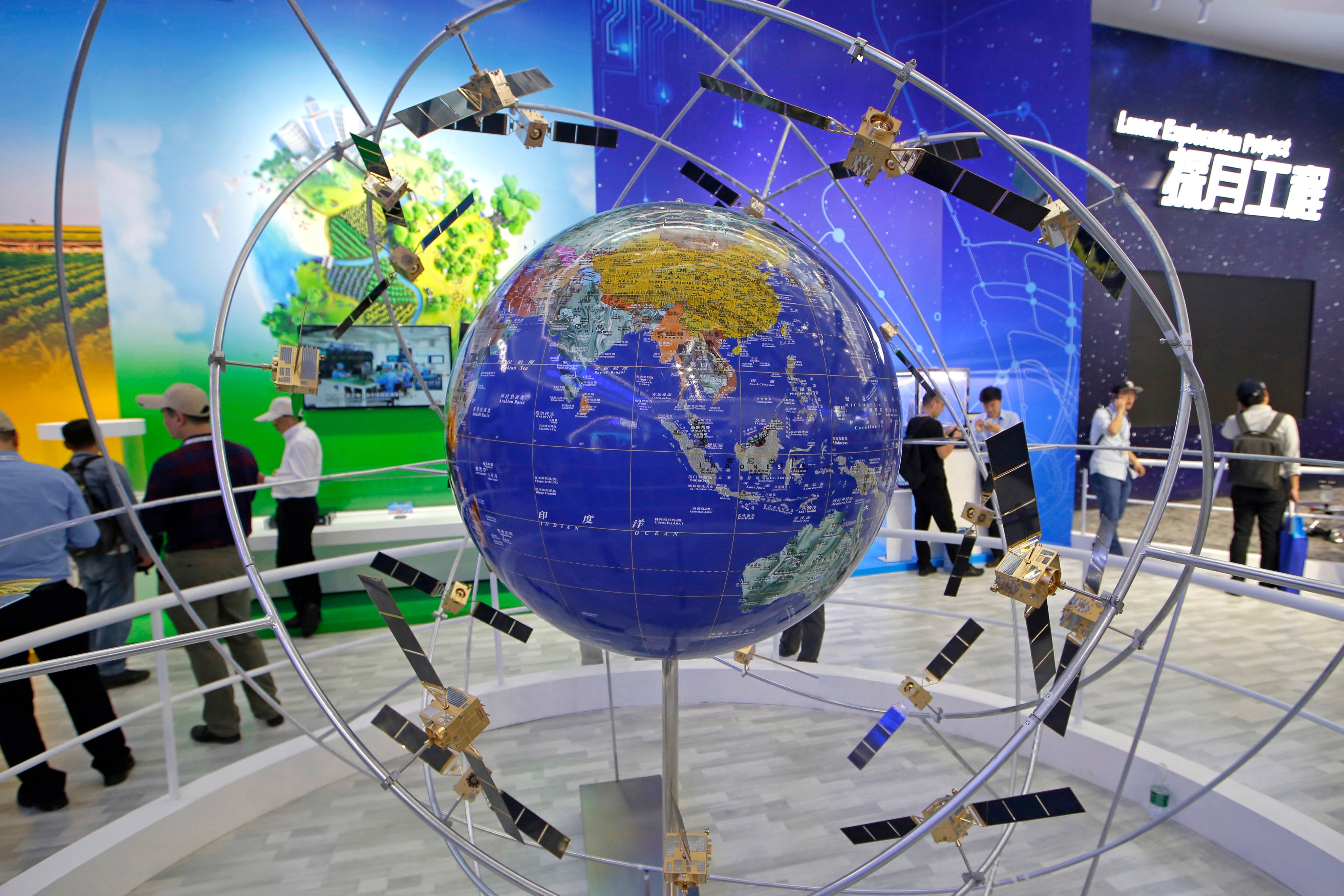
Hong Kong should work with mainland Chinese authorities to turn the city into a space innovation hub to capitalise on its business opportunities, while also acting as a “superconnector” for building a global consensus on aerospace regulations, experts have said at a global summit.
Experts made the suggestion at the Global Prosperity Summit on Tuesday, arguing that Hong Kong could take advantage of the massive opportunities arising from the mainland’s rapidly growing BeiDou satellite navigation system (BDS) and other space technologies.
The home-grown system is the country’s answer to the global positioning system (GPS) and other aspects of space development.
The summit was co-organised by local think tank the Savantas Policy Institute, the Shanghai Institutes for International Studies and the European Chamber of Commerce in Hong Kong.
Executive Council convenor Regina Ip Lau Suk-yee, who also chairs the think tank, said in her welcoming remarks at the summit that the event aimed to help the world recognise the unique role that Hong Kong played in “bridging divides and reducing differences”.
She suggested that the city should strive to host more meetings involving international organisations, especially events that could facilitate agreements related to emerging sectors such as aviation.
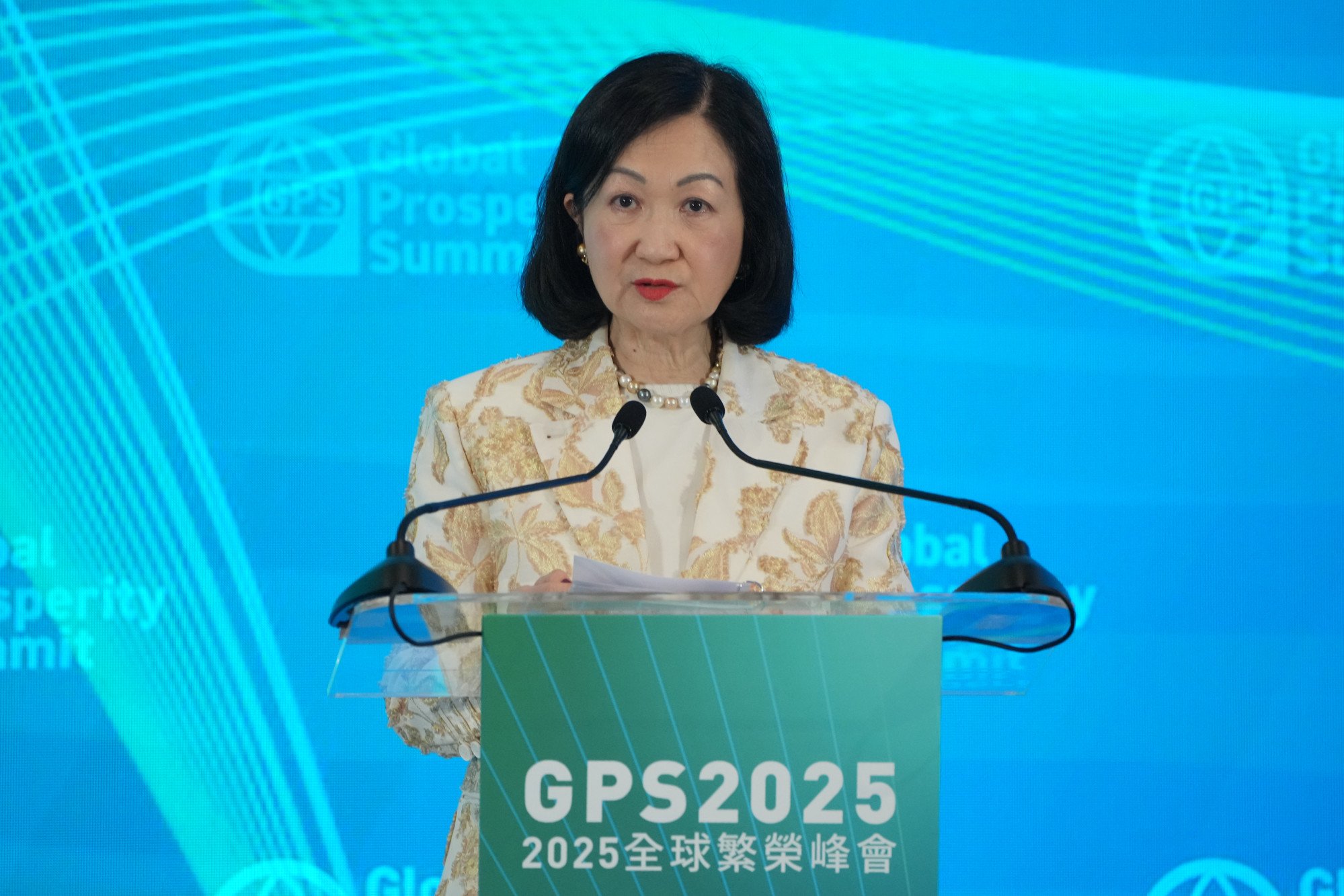
Professor Dong Xurong, dean of Guangdong Industries Polytechnic University’s school of aerospace and BDS technology, said Hong Kong should set up a joint working group with mainland authorities for developing space technologies and internationally recognised industry standards.
“So, how about we establish a joint working group to address the space issues, the vision and Hong Kong’s opportunities, such as how we establish a space-time intelligence and innovation hub in Hong Kong?” said Dong, who is also deputy chief designer of the BeiDou monitoring system.
“This working group could serve emerging-market countries by developing and promoting space-time intelligence, and the technical extent of this platform.”
BDS drove 575.8 billion yuan (US$79.9 billion) in economic output in 2024, up 7.39 per cent year on year, according to data published on Sunday by the GNSS and LBS Association of China, a semi-official industry body.
The system is also expanding its compatibility to support a broader range of devices, with it already covering 288 million smartphones on the mainland, most of which were produced by domestic brands such as Huawei and Xiaomi, and being used to track locations more than 1 trillion times a day, the association said.
Beijing invested heavily in domestic technologies amid fears the country could be cut off from US services such as GPS amid heightened geopolitical tensions, but the mainland’s vast market is also turning BDS into a viable business.
State-run mainland media also reported that BDS’s compatibility would be expanded from smartphones and in-vehicle satellite navigation systems to wearables, drones, electric bikes and even robots to expand its reach in the mainland’s consumer market.
Investment banker Adam Janikowski, founder and managing director of BDJ Capital, agreed with Dong, saying Hong Kong could be a leader in the commercialisation of space.
He noted that more than 15 trillion yuan had been raised over the last four years by a significant number of financing projects on the mainland.
“There is a great opportunity for mining water on the moon, which is going to be coming in the near term. There’s a great opportunity for mining helium-3 on the moon and bringing it back,” he said.
“Which brings me to what I feel very strongly about Hong Kong … I am very, very bullish on Hong Kong, and I think it has an incredible opportunity to be a leader here.”
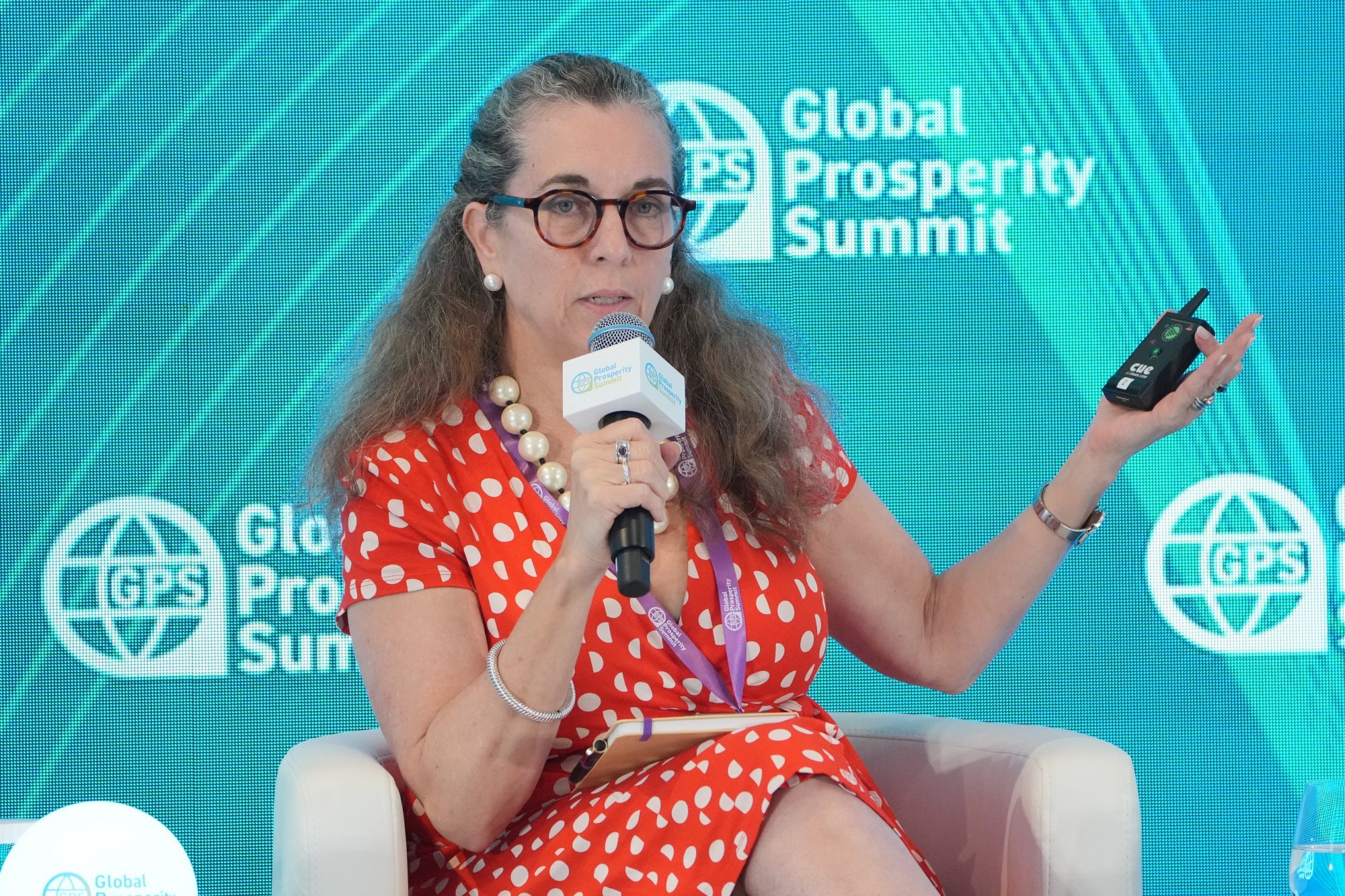
Janikowski said that industry stakeholders had recently gathered together in the city and encouraged the local government to set up a working group to look at the commercialisation of space to help attract investment for projects.
“As one of our points that we brought up to the Hong Kong government, we thoroughly believe that we should set up a working group that sits under the financial secretary to focus on the commerciality of space and Hong Kong’s role as a superconnector,” he said.
“We need to provide suitable and adequate investment policies and incentives for new space. When countries enact policies for new space, you start to see investment in their aerospace and technology sectors.”
Katherine Courtney, chair of the Global Network on Sustainability in Space, said Hong Kong could also be a superconnector that facilitated a global consensus on space regulations.
“We don’t really have a clear law for space. And what we need is a treaty that says we’re going to develop space for peaceful uses, about actual laws of who gets to put what in which orbit and how long they have to be there,” she said.
She said that “many nations have started to embed best practice in their national space law”, calling it a critical first step but adding that there needed to be a “global, consistent set of rules”.
She said the world needed a non-military intergovernmental independent authority that can regulate space and monitor compliance with the related regulations, she added.
Courtney said Hong Kong could also support space sustainability progress by encouraging talks on space management topics such as the overcrowding of satellites and the severe lack of insurance coverage.
“It’s another area where we really need to get the financial community to talk with space scientists and the commercial operators and have more of that dialogue,” she said.
“That is something that I think Hong Kong really could do to help accelerate progress for sustainability and provide that bridge for dialogue.”
Additional reporting by Natalie Wong

